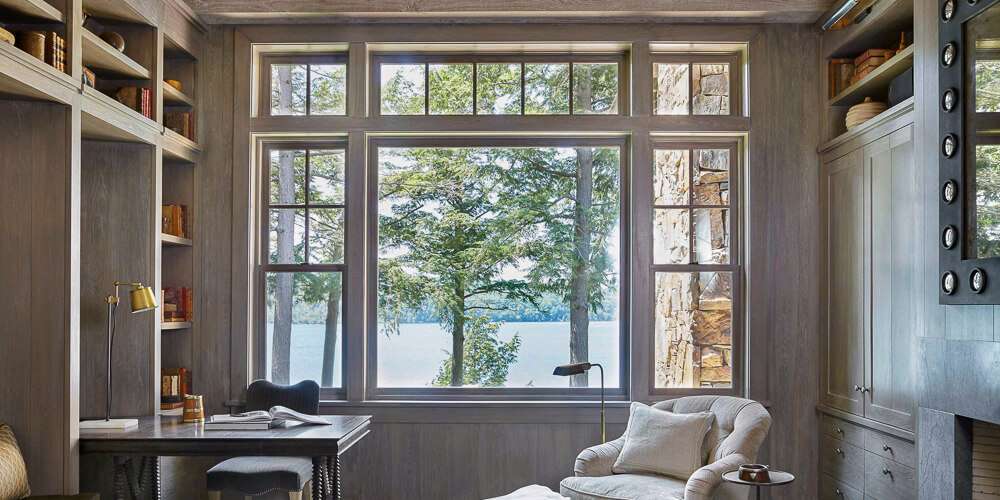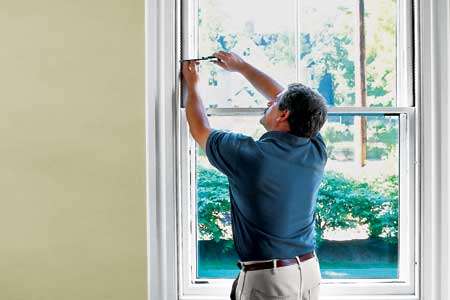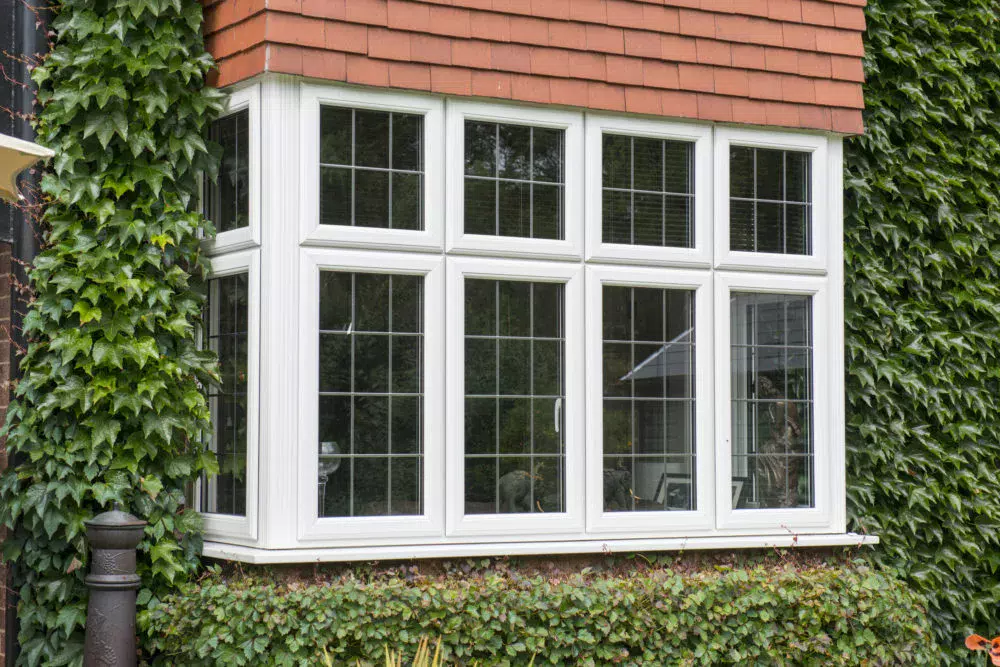Why window replacement will save your air and heating costs?
Window replacement can help you save on air and heating costs for several reasons. First and foremost, old windows tend to be less energy-efficient than newer ones. They may have gaps, cracks, or other types of damage that allow air to escape, causing drafts and making it harder to regulate the temperature inside your home.
Window replacement can help you save on air and heating costs for several reasons. First and foremost, old windows tend to be less energy-efficient than newer ones. They may have gaps, cracks, or other types of damage that allow air to escape, causing drafts and making it harder to regulate the temperature inside your home.
Newer windows are designed with energy efficiency in mind, and they often feature advanced technology such as double-paned glass, low-emissivity coatings, and insulating gas fills. These features help to reduce heat transfer, keeping the warm air inside during the winter and preventing hot air from entering during the summer.
Additionally, replacing your windows can help to reduce your reliance on your heating and cooling systems, which can save you money on your energy bills in the long run. By keeping the air inside your home at a more consistent temperature, you can avoid running your HVAC system unnecessarily, which can help to lower your energy consumption and reduce your carbon footprint.
Overall, window replacement can be a smart investment if you’re looking to save on your energy bills and reduce your environmental impact. While the upfront cost of replacing your windows may seem high, the long-term savings can be substantial, and you’ll enjoy a more comfortable home in the process.
WINDOW REPLACEMENT

Window replacement can help you save on air and heating costs for several reasons:
- Improved insulation: Old or poorly insulated windows can allow drafts to enter and exit your home, making it harder to maintain a consistent temperature. This means that your heating and cooling system has to work harder to keep your home comfortable, which can result in higher energy bills. By replacing your old windows with energy-efficient ones, you can improve the insulation of your home and reduce the amount of energy needed to maintain a comfortable temperature.
- Reduced air leaks: New windows are often more airtight than old windows, which means that they are less likely to allow air leaks. Air leaks can occur when windows are poorly sealed or when the frame or sash is damaged. By replacing your old windows with new, well-sealed windows, you can reduce the amount of air that enters or escapes from your home, which can result in lower energy bills.
- Better UV protection: Energy-efficient windows often have special coatings that can help block UV rays from entering your home. UV rays can heat up your home, making it harder to maintain a comfortable temperature. By blocking these rays, energy-efficient windows can help keep your home cooler in the summer, which can reduce your cooling costs.
Overall, window replacement can help you save on air and heating costs by improving the insulation of your home, reducing air leaks, and providing better UV protection. While the initial cost of replacing your windows may be high, the long-term savings on your energy bills can make it a worthwhile investment.
































